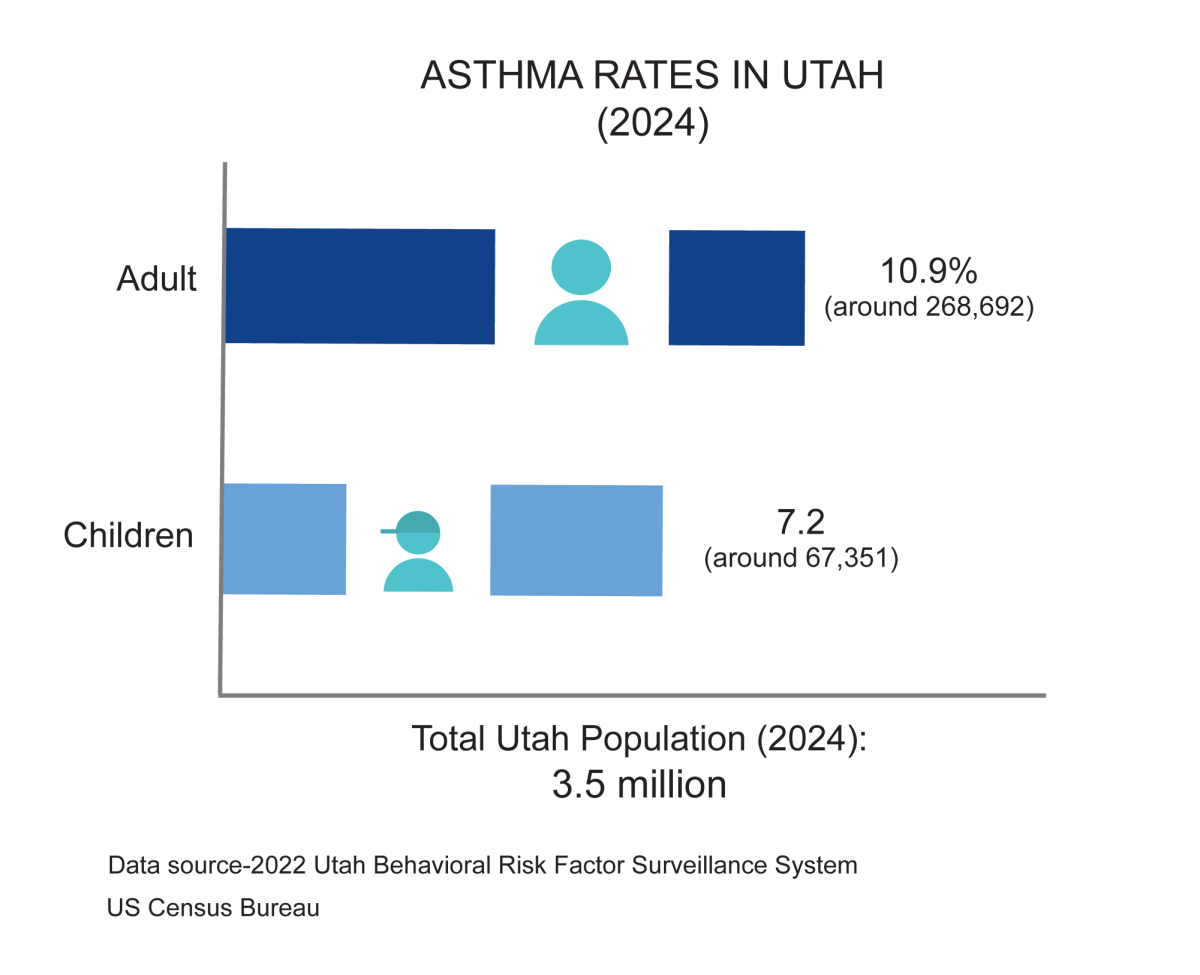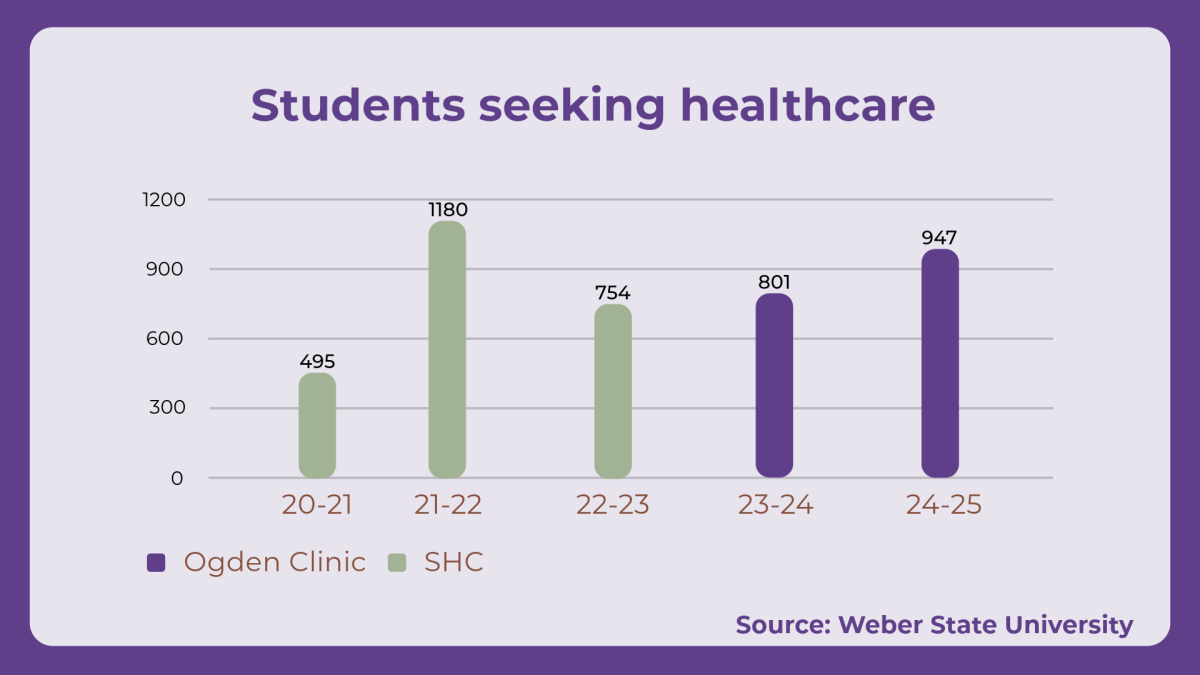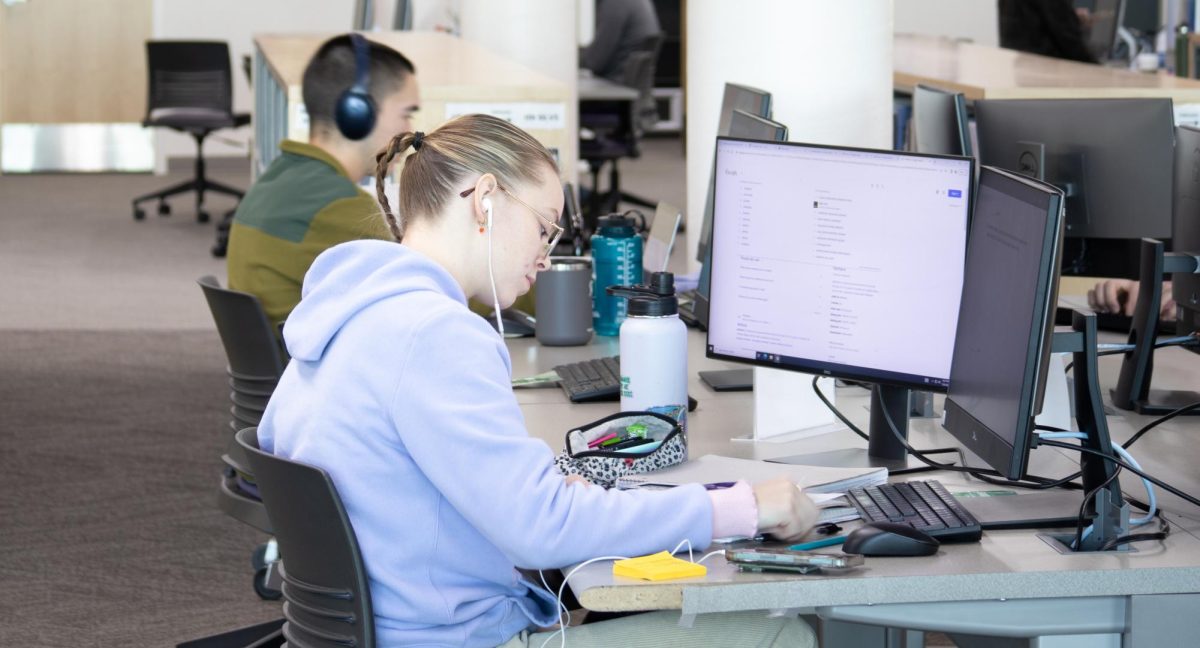By spring semester 2022, all Weber State University students will need to be vaccinated against COVID-19, with the exception of those who have filed an exemption.

Brett Perozzi, vice president of student affairs, has been involved with Weber State University’s vaccination progress.
Perozzi said Student Affairs has created a method to allow for students to easily report their vaccination status.
The survey has been sent out to students through their Wildcat email and has two or three questions for students to report their vaccination standing.
About 6 weeks ago, a state legislative resolution allowed universities the opportunity to look deeper into which students have been vaccinated.
“We got that up about 4 weeks ago, and it was about 2 weeks before that that the legislation was passed…. So, I’d say we got that up pretty fast,” Perozzi said.
The Qualtrix survey tracks data through WSU banner service in regard to which students have completed the survey. From there, the survey will either send email messages or text messages to those students who have not completed the survey.
The survey is designed to be quick and easy to fill out and asks students questions, such as if they are vaccinated, plan to be or are filing an exemption. The survey also provides a box for students to fill out the reason for their exemption.

According to Perozzi, 81% of students have verified that they are already vaccinated, and the faculty vaccination numbers are in the 90% range. But how does this look in comparison to the world outside of campus?
According to information provided by Amy Carter, Weber Morgan Health Department’s communicable disease and epidemiology nursing supervisor, 56% of people between 12 and 18 years old are vaccinated, and vaccination rates rise from there as does the age range.
Carter said, “Weber-Morgan Health Department has administered over 291,127 doses of COVID-19 vaccinations as of Oct. 21, 2021…. There are also many other facilities in the community that offer vaccination services as well.”
According to Carter, in Weber and Morgan counties, there are 136,963 individuals who are fully vaccinated for COVID-19, which is 50.3% of the population.

Carter said that Weber-Morgan’s vaccination rates are just below the nation’s.
For those who are still wondering which vaccination to choose, Carter provided some information as to what options Weber and Morgan counties provide, as she stressed the importance of all the members of the community getting vaccinated.
“Vaccination is our best tool to fight against the COVID-19 pandemic and protect our public,” Carter said. “But we still have so many people and families unvaccinated, which leaves them more vulnerable to infection.”
Carter said reliable data shows all three of the vaccines approved for U.S. use are “highly effective in reducing risk of severe disease, hospitalization and death, even against the widely-circulating Delta variant.”
Carter also stressed the importance of university-aged people getting vaccinated, since only 58% are fully vaccinated.
“The more people of all ages that we have vaccinated against COVID-19, the better and sooner we will be able to see this pandemic come to an end,” Carter said.
As a young, healthy college student, “it may be easy to think that you don’t need to worry about harmful effects of COVID-19 infection,” Carter said, but the disease can cause “some very serious and long-term consequences that can potentially affect anyone, any age.”

According to Carter, vaccination helps provide protection to fight off infection, severe illness and complications and also protects family members and people in the community.
Carter urged everyone to do their part to contribute to the health and safety of their community by talking to a doctor, university health center or local health department about vaccination options.
Additionally, Carter reminded the community of other tools to help prevent the spread of COVID-19 such as staying home when ill, testing for infection if ill or exposed, wearing a mask, social/physical distancing and handwashing.
“It takes all of us working together,” Carter said.

The university understands that due to different private and personal reasons, such as religious exemption, some individuals may not feel that being vaccinated is right for them.
“I do believe that individuals being vaccinated is one of the best ways of individuals to be part of the community, and I do think it would be best if as many people as possible were to be vaccinated,” Perozzi said.



















